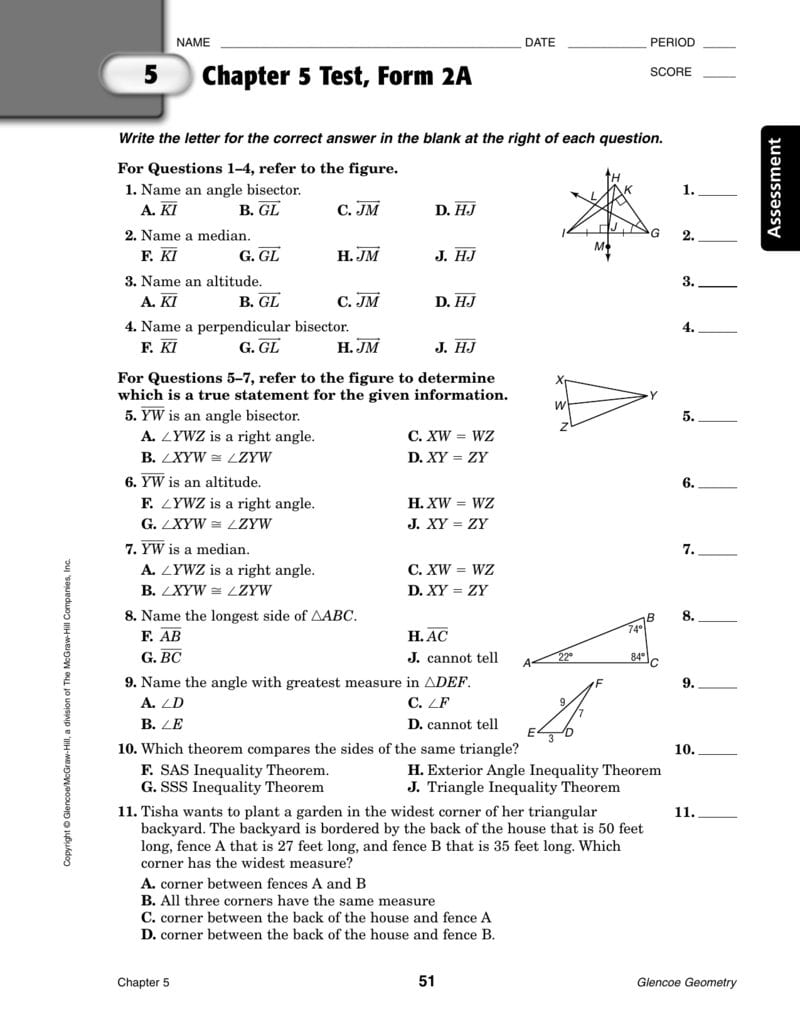

The stakeholders should know that they are an important part of the evaluation and will be consulted on an ongoing basis throughout its development and implementation. Ideally, this engagement takes place from the beginning of the project or program or, at least, the beginning of the evaluation. Once stakeholders are identified, a strategy must be created to engage them in all stages of the evaluation. Stakeholders constitute an important resource for identifying the questions a program evaluation should consider, selecting the methodology to be used, identifying data sources, interpreting findings, and implementing recommendations (CDC, 1999). For example, in the evaluation of a program to increase access to healthy food choices in and near schools, stakeholders could include store merchants, school boards, zoning commissions, parents, and students. Stakeholders might include community residents, businesses, community-based organizations, schools, policy makers, legislators, politicians, educators, researchers, media, and the public. The inclusion of stakeholders in an evaluation not only helps build support for the evaluation but also increases its credibility, provides a participatory approach, and supplies the multiple perspectives of participants and partners (Rossi et al., 2004). They can be people who are involved in program operations, people who are served or affected by the program, or the primary users of the evaluation. Stakeholders are people or organizations that have an interest in or could be affected by the program evaluation. For example, does a proposed community-engaged research program draw on “best practices” of other programs, including the characteristics of successful researcher-community partnerships? Is the program gathering information to ensure that it works in the current community context?ĭefining and identifying stakeholders is a significant component of the planning stage.

For example, does the program have the clarity of objectives or transparency in its methods required for evaluation? What criteria were used to determine the need for the program? Questions asked during evaluation planning also should consider the program’s conceptual framework or underpinnings. The relevant questions during evaluation planning and implementation involve determining the feasibility of the evaluation, identifying stakeholders, and specifying short- and long-term goals. In this section, each of the four phases is discussed. Each phase has unique issues, methods, and procedures. The program evaluation process goes through four phases - planning, implementation, completion, and dissemination and reporting - that complement the phases of program development and implementation.


 0 kommentar(er)
0 kommentar(er)
